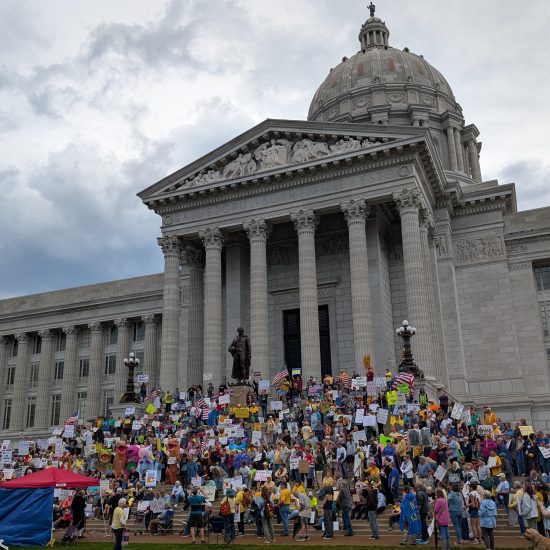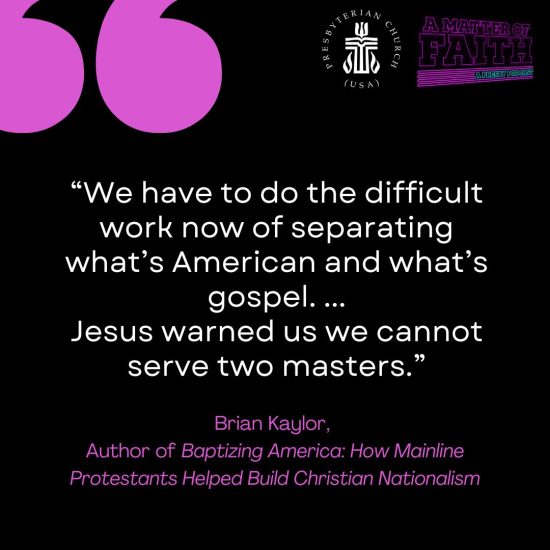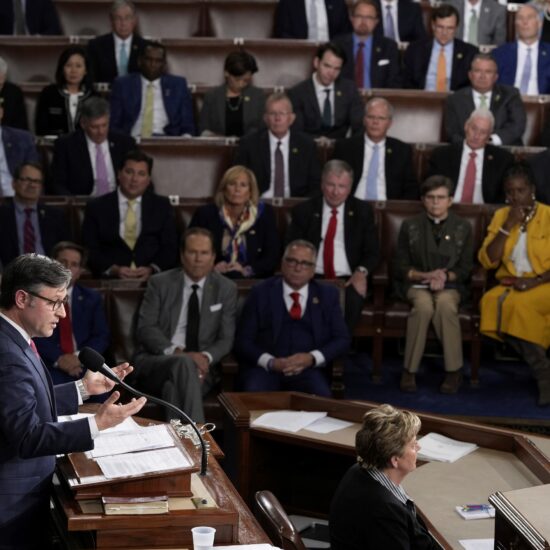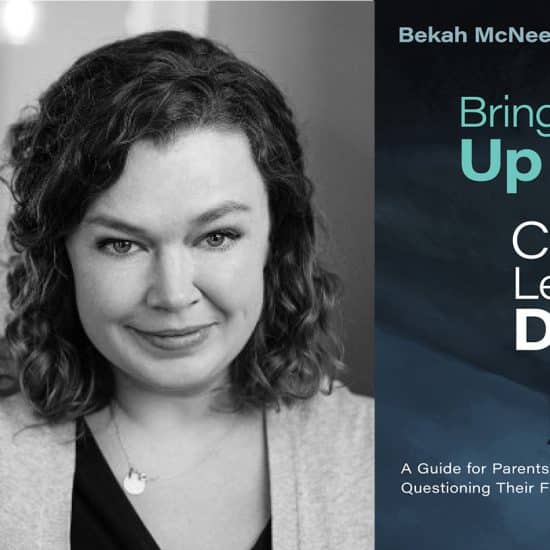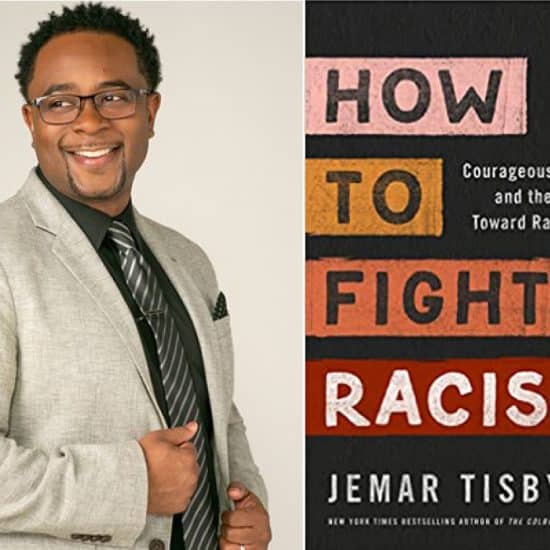WASHINGTON (ABP)—In 1946, a faithful Mennonite named Edna Ruth Byler took a trip to Puerto Rico and was shocked by the poverty she encountered—and the seeming hopelessness of the artisans who produced goods that could be sold in the United States for much more than the makers received for them. And a movement was born.
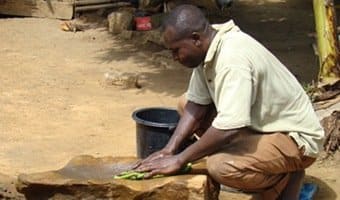
Moses Joe sands new recycled glass beads for Global Mamas. (PHOTO/Courtesy of Carmen Iezzi/Fair Trade Federation)
|
Today, Ten Thousand Villages—which continues as an official program of the Mennonite Central Committee—is the most direct result of Byler’s decision to begin selling handcrafted Puerto Rican products out of the trunk of her car after she got home. The nonprofit group now has stores across the United States and Canada that sell hand-crafted home furnishings, accessories and other high-quality gifts.
“Byler believed that she could provide sustainable economic opportunities for artisans in developing countries by creating a viable marketplace for their products in North America,” according to a description on the organization’s website.
“She understood the beauty and the hard work behind the products the women were creating around her, yet no matter how hard they worked and how much they did, things didn’t get any better for them,” said Carmen Iezzi, executive director of the Fair Trade Federation. Her organization—a coalition of for-profit companies and nonprofit advocacy groups in the United States—is part of a movement toward sustainable economic development birthed, in part, by Byler’s efforts.
Fair trade emphasizes offering consumers the choice of purchasing a product from a company whose business practices maximize economic good not only for the consumer’s budget and the company’s bottom line, but also for the originators of the product.
The concept can be most easily illustrated via the example of coffee, Iezzi said.
“There are lots of different options when you get up to enjoy your morning coffee,” she noted. “With conventional coffee, not only is the price that the farmers re-ceive typically low-er than the actual cost of what it took to make that coffee, but the companies that sell this coffee typically do whatever they can to fund middlemen who exploit the poor, to lie, to maximize their own profits at the sake of the environment.”
But pointing to a fair-trade company called Equal Exchange, Iezzi noted the company purchases its coffee beans “directly from the farmer cooperatives (and) pays above even the fair-trade price. They are very open and honest about from whom they buy—they know these farmers, they are on the ground with them, they invest in capacity building—to deliver not only a better product, but also to empower the farmers for their own independence so if something happened to Equal Exchange, they farmers could still sell their product.”
The company also invests funds in projects to benefit the communities where its coffee is grown —such as schools and roads.
“I think that there is a very clear correlation between Christian values and the consumer choices that we make, and fair trade provides an excellent opportunity to live the commands that are so clear in the Bible with the everyday choices that we make,” Iezzi said.
“So, I think that fair trade presents a great opportunity for folks to not only get great products, but to also create this incredible impact for the poor.”
She noted a Bible study curriculum focusing on trade and consumer decisions is produced by Partners for Just Trade. Called “Fair Trade: Using our Purchasing Power for Justice and Hope,” it’s available at http://www.partnersforjusttrade.org.
Other Christian groups have taken up the fair-trade banner, and many churches sell fair-trade products.
The Southern Baptist Woman’s Missionary Union operates a program called WorldCrafts that sells fair-trade products from around the globe.
Good News Goods is the fair trade initiative of the Texas Baptist Christian Life Commission, and it brings fair trade products and ministry opportunities to churches and universities all across Texas.
“The purpose of Good News Goods is not to promote fair trade as an issue,” the group’s website says. “Rather, our goal is to support these particular missional businesses that are vetted by our trusted partner, Trade as One, so that the ministries and compassionate businesses that we know through this relationship are supported in their redemptive work of bringing good news to the poor and freedom to the captive.”
Some economists—such as Mercer University professor William Mounts, who describes himself as a libertarian—are suspicious of the “fair trade” label, because they often see it held up as a more-moral counterpoint to free trade.
“Free trade maximizes freedom, which I think Jesus gave us,” he said.
“It seems to me, in my experience in economics, that the quickest way for people to advance their standard of living is to be free—not to be fair, to be free,” Mounts added.
Often, in instances where companies are accused of exploiting workers, it’s not really free trade, he insisted.
“Usually you’ll find in situations like that some sort of government manipulation—government restriction—is allowing the exploitation to persist,” he said.
But Iezzi said free-trade capitalism and fair trade are not necessarily mutually exclusive—because organizations like hers empower both consumers and developing-world communities with more freedom.
“I think fair trade is actually quite the opposite. It’s about enabling people to change their own lives through hard work,” she said.
“It really is about trying to race to the top, to expect more of ourselves and to enable people to reap the benefits of the work that they’ve done.
“The labor behind a product that we enjoy is considerable. And there’s great honor in that, and I think that’s sometimes overlooked.”

